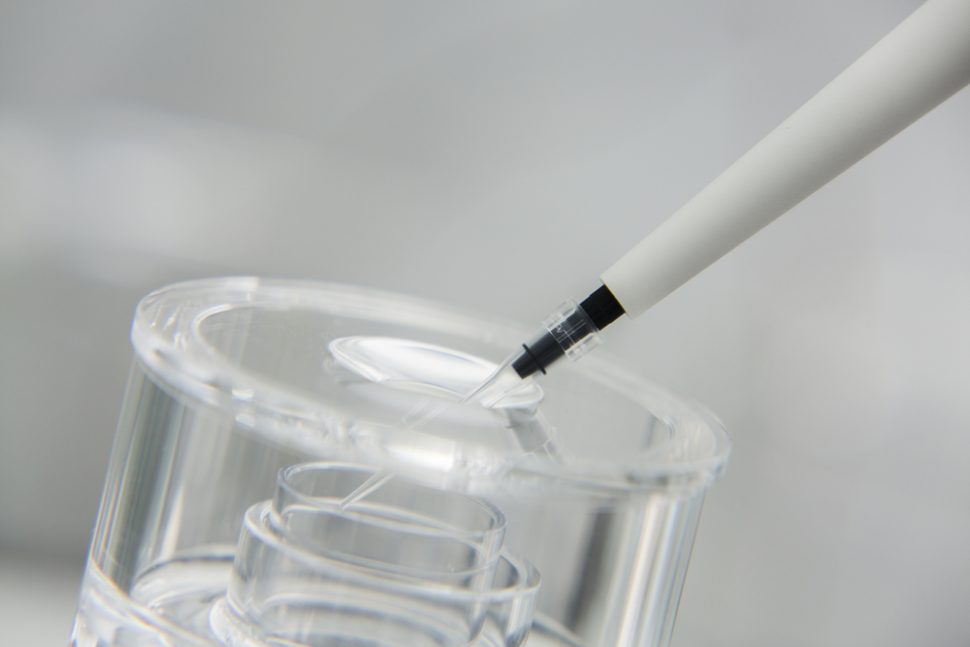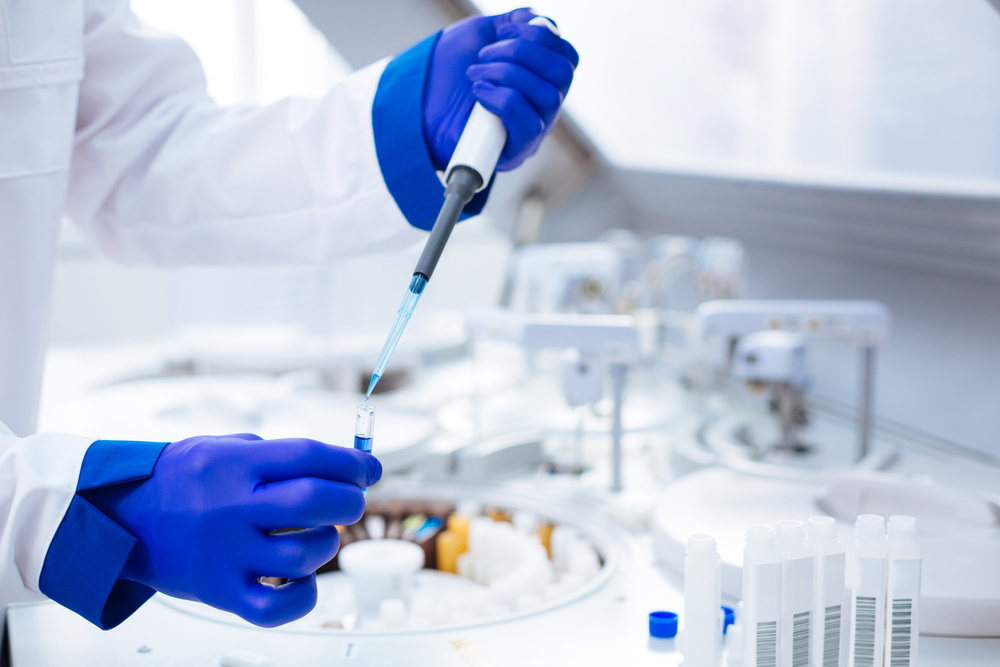Cryostar Industries is a leading provider of pipette calibration services. In previous posts, we’ve discussed calibration and its importance. Calibration is a critical part of running a functional and efficient lab. Calibrating your instruments ensures that your data is reliable and your readings are accurate.
One of the many instruments you should keep calibrated is a pipette. In fact, more labs have pipettes in their inventory than any other type of calibrated instrument. However, their abundance in labs has some disadvantages. Pipettes are often the instrument that’s the most overlooked. Research indicates that up to 30% of pipettes can be malfunctioning at any given time.
In this post, we’ve created a guideline when it comes to pipette calibration.
What are Pipettes?
Pipettes are a laboratory tool used mostly in chemistry, biology and medicine. They’re used to measure or dispense a specific volume of liquid. There are several different models of pipettes used for different methods.
Modern pipette models have been in use since the late 1950’s. They come in two types: volumetric and measuring pipettes. Volumetric pipettes transfer a specific volume of liquid. Essentially, they resemble simple glass tubes. And they cannot hold or measure any liquid that’s less than their capacity.
Measuring pipettes are adjustable. Basically, this allows users to accurately draw up as much liquid as they choose. Additionally, measuring pipettes tend to be larger than volumetric pipettes. This makes them better for general use.
Why Do You Need Pipette Calibration?
It’s important to calibrate any instrument that’s used to measure, weigh, or produce data. Basically, lab equipment gradually loses its ability to produce accurate results. This is simply a byproduct of average wear and tear. Your lab will begin to produce unreliable or questionable data if you avoid calibration.
Even maintaining equipment that doesn’t produce data, like refrigerators and freezers, is vital to running a lab. However, producing accurate data is of the utmost importance. We rely on scientists in various fields (like medicine) to provide measurements that are reliable. Calibrating your pipettes to NIST Traceable Standards guarantees reliable, accurate readings.
NIST Traceable Standards
When researching equipment calibration, “traceability” is a popular term. In fact, it’s incredibly important. NIST (National Institute of Standards and Technology) Traceable Calibration is a special program with established standards. These standards confirm a lab or equipment provider is fully certified to calibrate equipment to their guidelines. Basically, NIST ensures that the products provided by manufacturers meet their standards.
You should develop a calibration schedule for all of your lab equipment (pipettes included). Furthermore, lab personnel or a professional calibration service like Cryostar can perform your equipment’s calibration. Ensuring your staff is familiar with traceability is critical to proper calibration.
How Often Should Pipettes Be Calibrated?
The Clinical and Laboratory Standards Institute (CLSI) recommends calibration every three to six months. However, this depends on how frequently you use them.
One popular formula in determining calibration frequency is MTBF – or “Mean Time Between Failures.” MTBF is the average rate at which pipette failures occur.
In order to determine MTBF, a group of pipettes is analyzed. They’re studied in order to discern how long it takes each of them to fail. Basically, a failure is a performance that falls below established standards. The mean of the collective failure times is the MTBF for that group of pipettes.
MTBF is a reliable way to calculate time between services. However, it’s best for your lab to establish a schedule for your pipette’s calibration.

Conclusion
Keeping your equipment clean and calibrated is all part of running a cost-efficient and eco-friendly lab. Keep your pipettes calibrated on a regular basis. As a result, your lab will continue producing accurate, reliable data.
If you have any questions or want to schedule calibration services with Cryostar, contact us today!

| Call for Immediate Lab Services |
|---|
| Long Island, Nassau & Suffolk County Call: 516-333-4006 |
| The Bronx, Manhattan, Brooklyn, Queens, & Staten Island Call: 718-885-0833 |
| Albany & Southern New York State Call: 800-564-5513 |
| Piscataway, Northern & Central New Jersey Call: 800-564-5513 |
| Danbury Connecticut & Surrounding Areas Call: 203-748-7343 |
24/7 Emergency ServiceCall: 1-800-564-5513 |